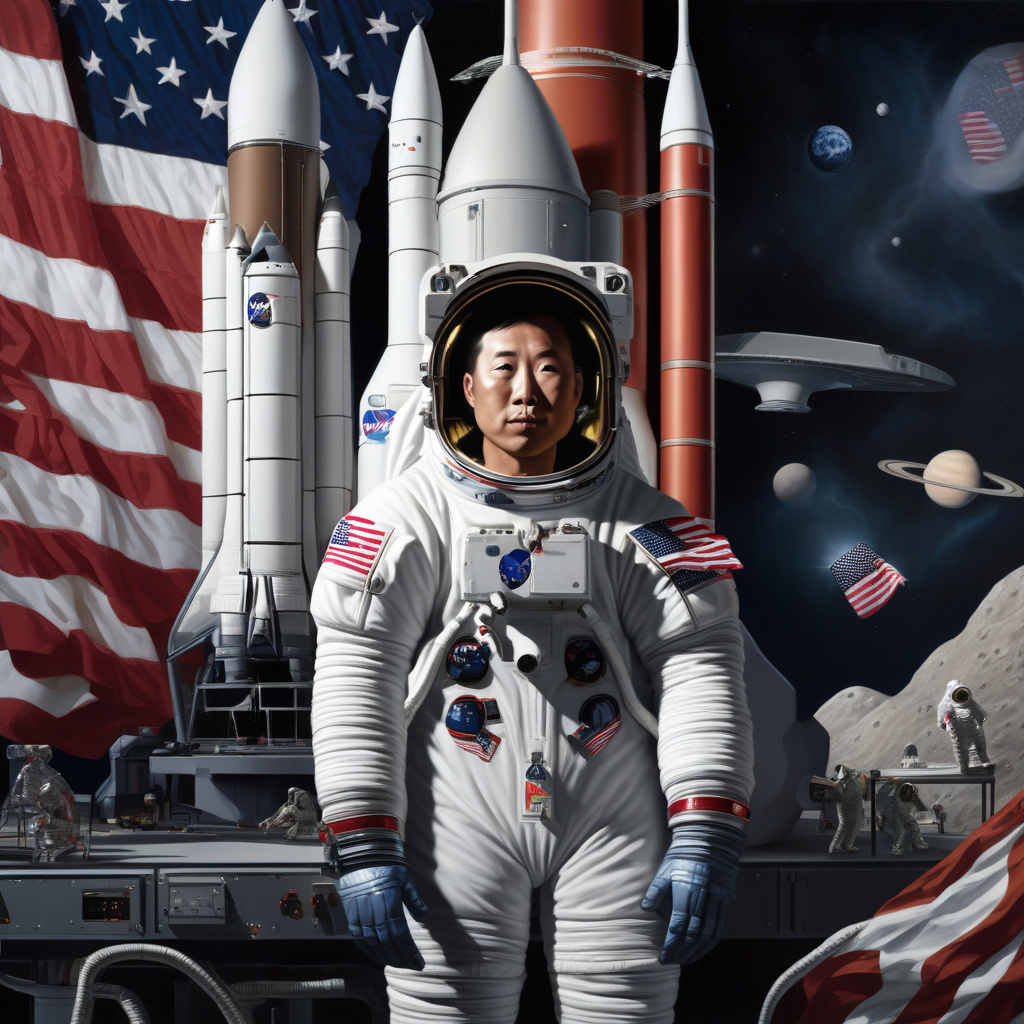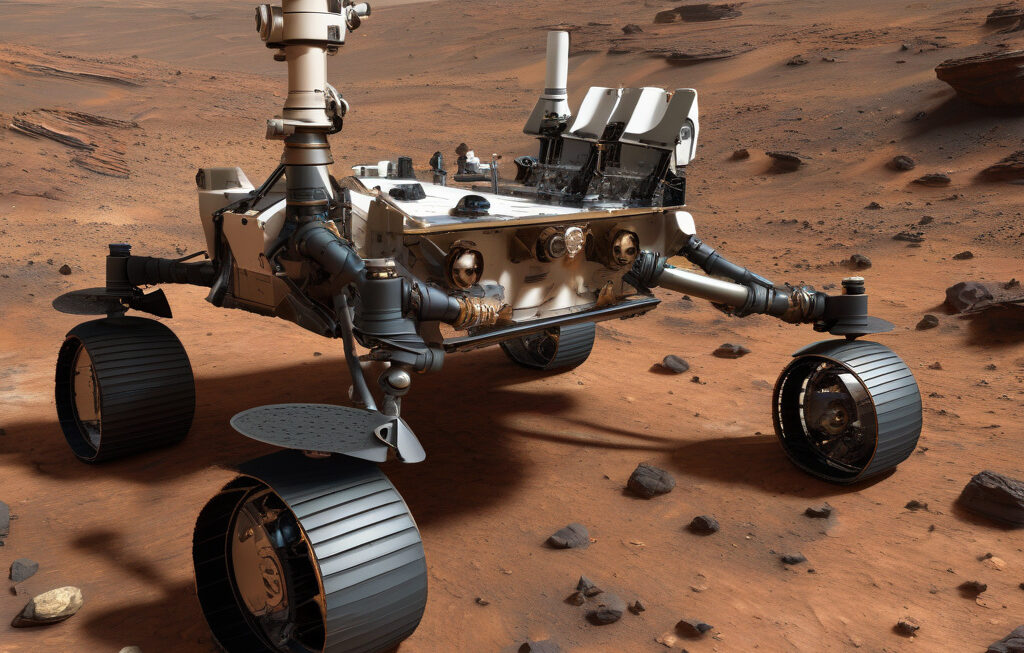NASA Blocks Chinese Nationals from Space Programs Amid Rising US-China Rivalry
NASA has started preventing Chinese nationals with valid visas from participating in its programs due to the increasing tensions between the United States and China. This move marks a significant escalation in the ongoing rivalry between the two superpowers, particularly in the realm of space exploration.
The decision to exclude Chinese nationals from NASA programs is rooted in national security concerns and the desire to protect sensitive technologies and information. The U.S. government has long been wary of China’s ambitions in space, viewing the country as a strategic competitor rather than a collaborator.
While NASA’s policy may be seen as a necessary precaution by some, others argue that it is counterproductive and goes against the spirit of international cooperation that has traditionally defined space exploration. Excluding Chinese scientists and researchers from participating in NASA programs not only limits the exchange of knowledge and expertise but also hinders progress in the field.
China has been rapidly expanding its space program in recent years, achieving significant milestones such as landing a rover on the far side of the moon and establishing its own space station. By shutting out Chinese nationals, the United States risks falling behind in the global space race and losing out on potential opportunities for collaboration and scientific advancement.
Moreover, the exclusion of Chinese scientists from NASA programs could have broader implications for the international scientific community. Collaborative efforts between researchers from different countries have been instrumental in driving innovation and making groundbreaking discoveries. By erecting barriers to cooperation, we not only stifle scientific progress but also perpetuate a divisive and confrontational approach to global challenges.
It is worth noting that NASA’s decision to block Chinese nationals is not without precedent. In 2011, Congress passed a law prohibiting NASA and the White House Office of Science and Technology Policy from engaging in bilateral agreements and coordination with China. This policy has been upheld by successive administrations as part of a broader strategy to counter China’s growing influence in the space domain.
As the rivalry between the United States and China intensifies, it is clear that the competition extends beyond Earth’s atmosphere. Both countries are investing heavily in space exploration and seeking to establish dominance in the final frontier. However, the militarization and weaponization of space pose a significant threat to global security and stability, making cooperation and dialogue more important than ever.
In conclusion, NASA’s decision to block Chinese nationals from participating in its programs reflects the complex dynamics of the US-China rivalry and the challenges of balancing national security interests with the imperative of international collaboration. As we look to the future of space exploration, it is essential to find ways to bridge divides, foster mutual understanding, and harness the collective potential of the global scientific community for the benefit of all.
NASA, Chinese nationals, space programs, US-China rivalry, international cooperation











